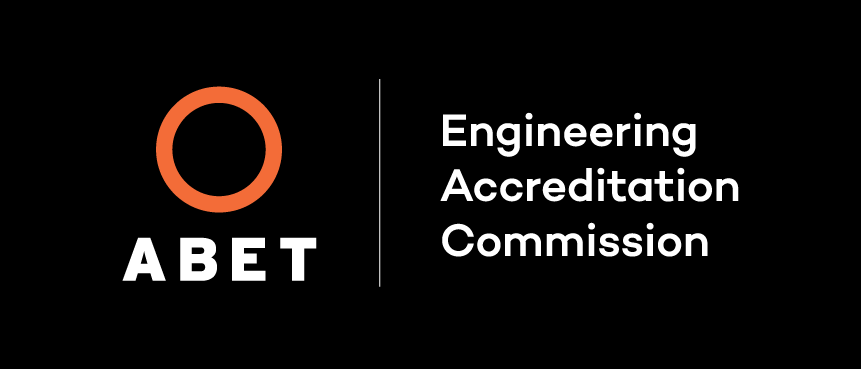Where would we be without computers? Modern computers are complex systems that may consist of single machines or many interconnected computers linked by a network. Computers are playing an increasingly active role in our lives; they are the “brains” inside of telephone and communications systems, process control and manufacturing automation systems, information management systems, large household appliances, automobiles, transportation systems, and medical instrumentation—not to mention the Internet. Behind all of these devices—and the explosive growth of our technological society—is computer engineering. As a computer engineer, you will learn to engineer hardware, software, and computer networks.

A Solid Foundation
As a computer engineering student, you will begin by building a strong foundation in the basics—physical sciences, mathematics, and computer science—all of which are necessary for a successful understanding of engineering.
Theory and Application
After establishing a foundation, you will enhance your understanding of the theory and application of computer engineering through courses designed to help you acquire specific techniques and skills in subject areas such as logic design, computer organization, operating systems, software design, and algorithms.
Diverse Disciplines
You will also enroll in technical electives to help you gain a broader understanding of the subfields of computer engineering, such as VLSI, networking, and software design. Additionally, you will have the opportunity to explore areas of cybersecurity and the Internet of Things through a sequence of available courses.
The Electrical & Computer Engineering (ECE) Department offers specialized concentrations to allow students to complement their undergraduate degrees. Students interested in the impact of energy innovations or green technology can focus on Energy Technologies. Students can also concentrate in Nanotechnology, one of engineering’s most rapidly advancing fields. These optional concentrations add another dimension to the bachelor’s degree at a time when the demand for interdisciplinary engineers is growing.
Senior Design
Bringing an invention to life is one of the most engaging and integral aspects of engineering—that’s why we designed our undergraduate program to culminate with a full-scale, hands-on design project. During your senior year, you will work in a small team with other computer and electrical engineering students in a two-semester capstone design project. Your team will design and prototype a product, electronic device, or software system from scratch for real-life customers drawn from industry, business, the community, faculty, and staff. You will learn design methods, project management, team dynamics, communication skills, and legal and ethical standards for design.

Program Planning Sheets
Please see the Computer Engineering Program Planning Sheets for a detailed matrix of the four-year undergraduate curriculum.
How to Apply
Visit the BU Undergraduate Admissions site for more information.
Undergraduate Program Educational Objectives
A few years after graduation we expect that graduates of our Computer Engineering program will:
- Build a career path with informed choices about its ECE aspects.
- Be competitive in the ECE job market.
- Make a positive impact in the ECE professional community and the world at large.
In addition, graduates will pursue one or more of the following:
- Graduate education in engineering or allied fields.
- Breadth of responsibilities in a small company environment.
- Specialized expertise within a large company environment.
- Sales/Marketing positions in technology companies.
- Basic and applied research.
- Applications in other professions, such as medicine and law.
- Undertake leadership roles in a company or other settings.
(Ratified by the ECE Faculty December 2020)
Graduates of the Computer Engineering Undergraduate degree program will have:
- An ability to identify, formulate, and solve complex engineering problems by applying principles of engineering, science, and mathematics.
- An ability to apply engineering design to produce solutions that meet specified needs with consideration of public health, safety, and welfare, as well as global, cultural, social, environmental, and economic factors.
- An ability to communicate effectively with a range of audiences.
- An ability to recognize ethical and professional responsibilities in engineering situations and make informed judgments, which must consider the impact of engineering solutions in global, economic, environmental, and societal contexts.
- An ability to function effectively on a team whose members together provide leadership, create a collaborative and inclusive environment, establish goals, plan tasks, and meet objectives.
- An ability to develop and conduct appropriate experimentation, analyze and interpret data, and use engineering judgment to draw conclusions.
- An ability to acquire and apply new knowledge as needed, using appropriate learning strategies.
Contact

The BS degree program in computer engineering is accredited by the Engineering Accreditation Commission of ABET (www.abet.org).
